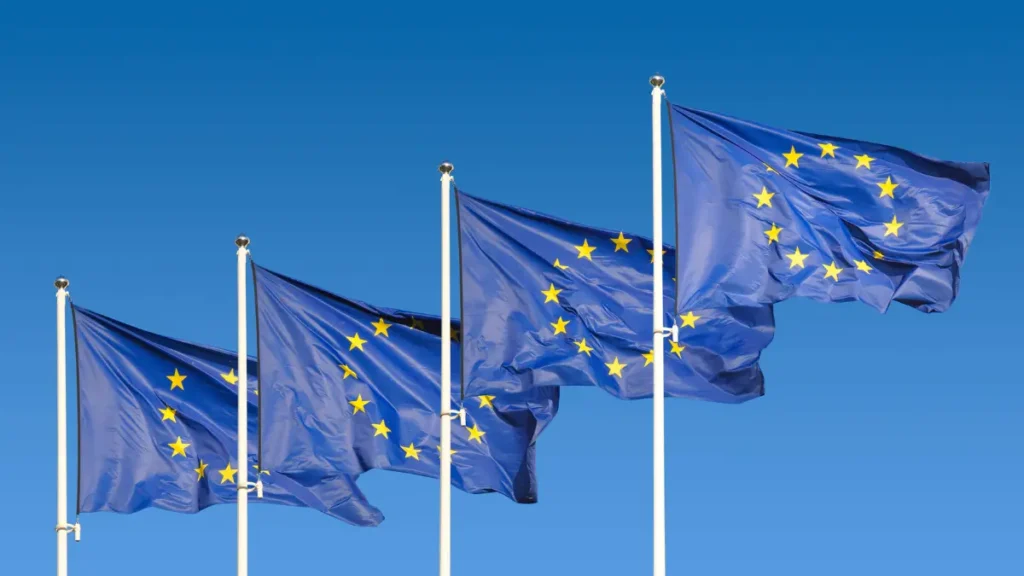The European Union stands as one of the largest and most influential development partners in West Africa. For non-governmental organisations across the region, securing EU funding can be a game-changer, enabling large-scale, high-impact projects that transform communities. However, the process is notoriously perceived as complex, bureaucratic, and highly competitive.
Many capable NGOs are deterred by the intricate jargon, demanding application processes, and stringent financial requirements. But it doesn’t have to be an impenetrable fortress. With the right knowledge and a strategic approach, accessing EU Funding for West African NGOs is achievable.
As of Tuesday, July 29, 2025, the landscape is defined by a new strategic direction. This guide will demystify the process, breaking down what you need to know to successfully navigate the EU funding ecosystem today.
Understanding the Big Picture: The NDICI – Global Europe Instrument
First, it’s crucial to know the main funding instrument. The EU’s primary tool for development cooperation for the 2021-2027 period is the Neighbourhood, Development and International Cooperation Instrument (NDICI) – Global Europe. This is the main “pot” of money from which most grants for civil society organizations (CSOs) in West Africa are drawn. Understanding this instrument and its priorities is the first step to aligning your work with the EU’s vision.
What is the EU Looking to Fund in West Africa in 2025?
While specific calls vary, the NDICI – Global Europe has clear overarching priorities. To be competitive, your project must align with one or more of these key areas:
- The Green Deal & Climate Action: Projects focused on climate change adaptation, renewable energy, biodiversity conservation (e.g., mangrove restoration), and promoting a circular economy.
- Digital Transformation: Initiatives that improve digital literacy, support tech start-ups, and use technology to improve governance and service delivery.
- Governance, Peace, and Security: A major focus area. This includes projects on democracy, human rights, rule of law, election monitoring, and conflict resolution.
- Sustainable Growth and Decent Jobs: Projects that promote vocational training (TVET), support small and medium-sized enterprises (SMEs), and create sustainable livelihoods, especially for youth and women.
- Migration and Mobility: Supporting safe, orderly, and regular migration and addressing the root causes of irregular migration.
How to Position Your NGO for EU Funding
Aligning your mission is just the start. You must also master the process.
1. Master the “Call for Proposals” Process
The EU rarely accepts unsolicited proposals. Funding is almost always awarded through competitive “Calls for Proposals” (CfP). These are public announcements detailing the objectives, eligibility criteria, budget, and deadline for a specific funding opportunity. All official opportunities are published on the EU’s Funding & Tenders Portal.
2. Build Strong Partnerships and Consortiums
The EU strongly encourages—and sometimes requires—applicants to form consortiums. This means partnering with other NGOs (both local and international). A consortium demonstrates a wider reach, diverse expertise, and shared risk. Start building these relationships now, long before a call is announced.
3. Understand the Financial Requirements (Co-financing)
EU grants typically require co-financing. This means the EU will only cover a percentage of the total project cost (e.g., 75-95%), and your organization must secure the remaining funds from another source or contribute it from your own resources. You must prove you have this co-financing available.
4. Register on the Official Portal (PROSPECT)
Before you can apply, your organization must be registered in the EU’s official online system, known as PROSPECT (which succeeded the older PADOR system). This process requires you to upload all your legal and administrative documents. Do this today—do not wait until you see a relevant call for proposals, as the validation process can take time.
From Information Overload to Strategic Insight
The official EU portal is the definitive source, but it can be overwhelming to navigate, with hundreds of opportunities from around the world. Monitoring it daily for relevant calls is a significant challenge for a small team. This is where targeted intelligence provides a crucial advantage. At grantsdatabase.org, we filter through the noise. We monitor the EU and other major donors, highlighting the specific Calls for Proposals that are relevant to West African NGOs and breaking them down in simple terms. Our platform allows you to focus your energy on building the strong proposals that funders demand, a skill you can hone with our proposal writing guides.
Conclusion
Securing EU Funding for West African NGOs is a marathon, not a sprint. It demands professionalism, patience, and a strategic, long-term approach. By understanding the NDICI-Global Europe instrument, aligning your projects with EU priorities, building strong partnerships, and mastering the application process, you can position your organization as a credible and attractive partner. The resources are there for those who are prepared to do the hard work required to access them.
